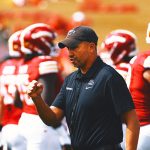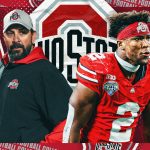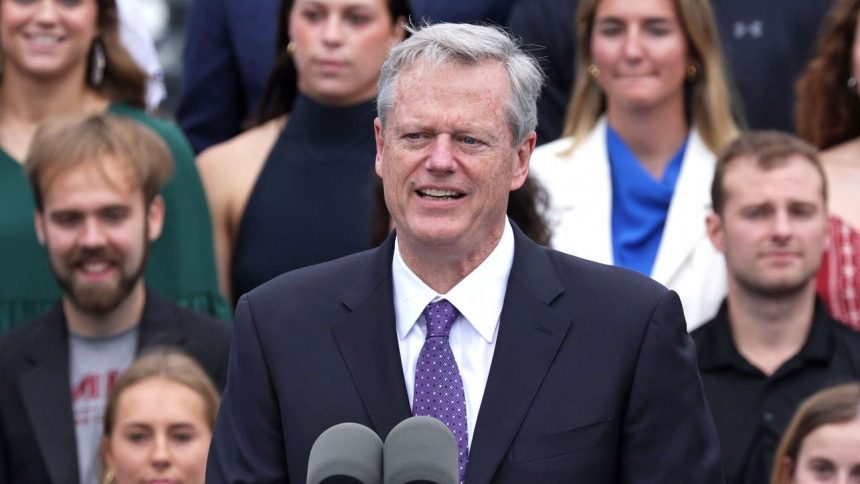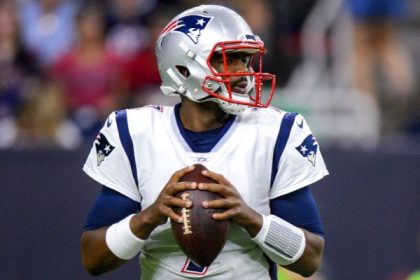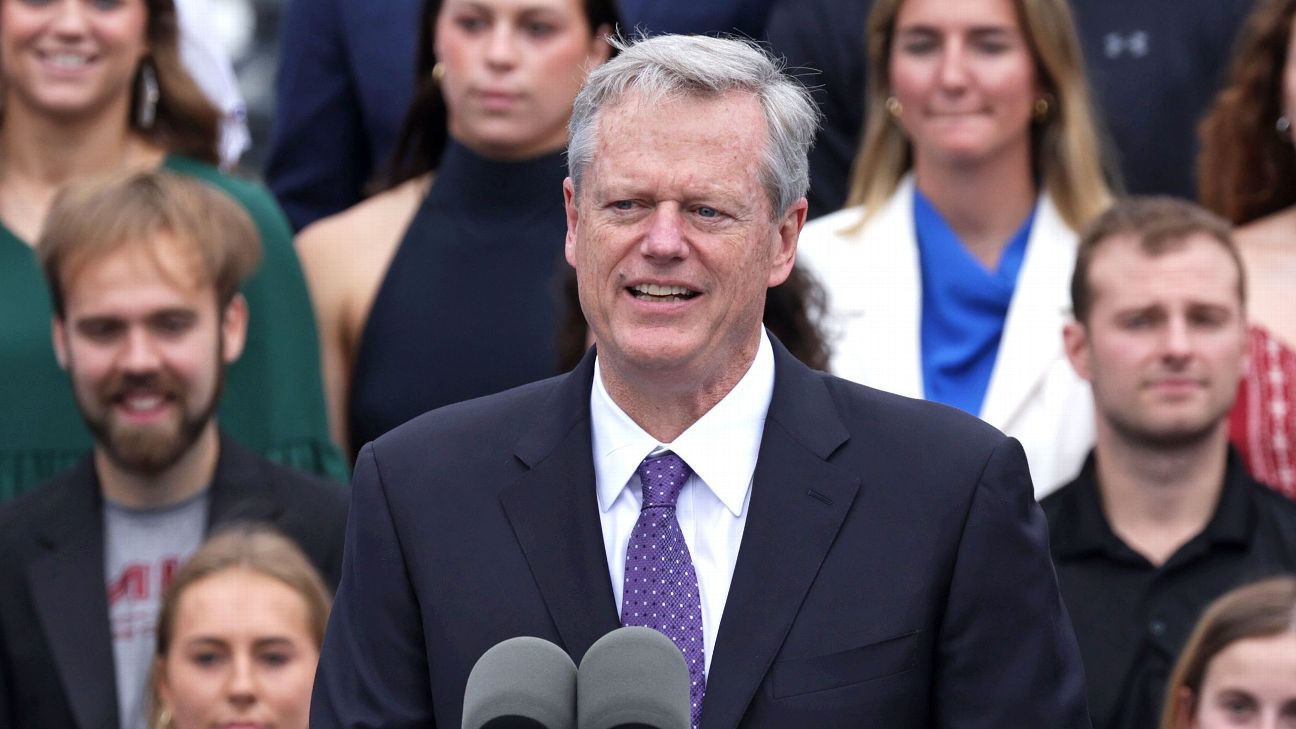
NCAA president Charlie Baker and Big Ten commissioner Tony Petitti are scheduled to testify at a Senate hearing about the future of college sports next week.
Baker and many other college sports administrators have asked Congress to write a new federal law that would allow the NCAA to regulate how athletes make money and protect the association from what has been a steady and successful onslaught of legal challenges to its business model.
Next week’s hearing hosted by the Senate Judiciary Committee on Oct. 17 will mark the 10th time college sports leaders have been called to Capitol Hill since 2020.
The judiciary committee expects to add at least two or three additional witnesses to next week’s hearing, according to a legislative aide. Walker Ross, a former Under Armour executive who now runs a booster collective associated with Ole Miss, is also expected to be a witness, according to a report from Yahoo! Sports.
A legislative aide told ESPN no other witnesses beyond Baker and Petitti have been confirmed as of Tuesday afternoon.
The NCAA and its members have asked Congress to create uniform rules for how athletes can sell their name, image and likeness (NIL) rights. They have also asked for a new law codifying that college athletes are not employees of their schools and one that would give the schools some protection from antitrust lawsuits. Both those requests have the potential to stymie current legal battles in federal court and in front of the National Labor Relations Board.
At least five different bills or drafts of bills that address NIL rights have been proposed by members of Congress in the current legislative session. So far, in three years of Congress debating these issues, no proposed bill has made it beyond the stages of a preliminary discussion.
Sen. Ted Cruz, who has drafted one of the bills, said he believes there’s a 60% chance Congress passes a college sports law. If they do act, he told ESPN it would likely be in the next six to nine months.
Other lawmakers, such as Sen. Chris Murphy, believe it is much less likely a law will pass. Murphy told ESPN he hopes the NCAA will solve its own problems.
“It doesn’t feel like they’re making much progress,” Murphy said in a September interview. “It feels to me like they’re hoping Congress fixes this problem for them. I think that’s very unlikely. Congress has bigger things to worry about.”
A bill about NIL rights would first have to go through the Senate Commerce Committee, but the judiciary committee would have some influence on how it’s shaped. The judiciary committee has jurisdiction over antitrust law issues and intellectual property rights.
Baker — the former governor of Massachusetts — has made several trips to Washington, D.C., to lobby for help from Congress since he took over as the NCAA’s president in March. He has not yet testified in a public hearing in front on Congress. Petitti took over as the Big Ten’s commissioner in April and will also be testifying for the first time in his new role.

